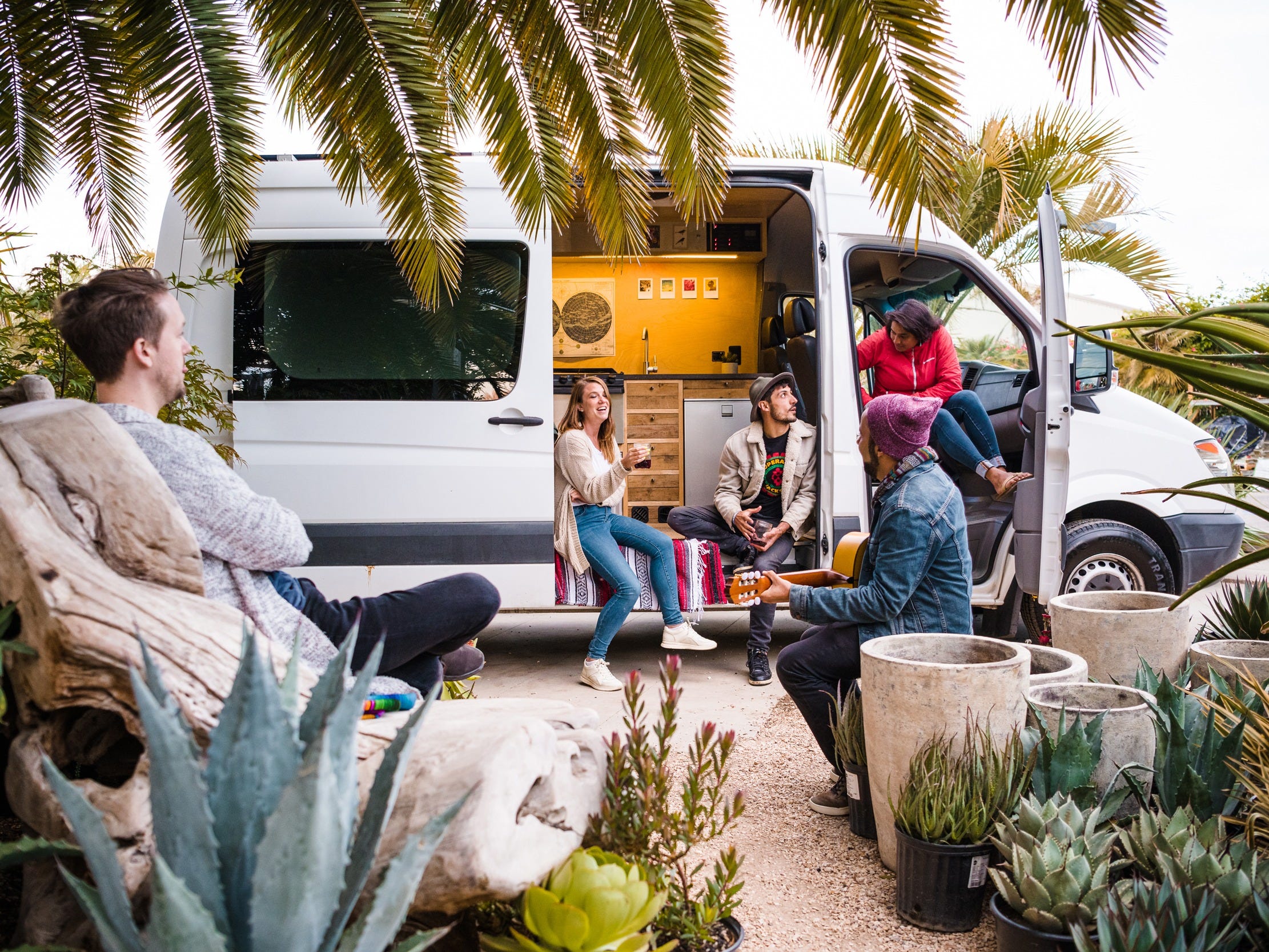- Kibbo is creating a business out of fusing the #VanLife community with a membership model to create an on-the-road collective of digital nomads on the west coast.
- Kibbo members can access “Clubhouses” – with a kitchen, laundry, common spaces, gear, and food – in different locations around California, Utah, and Nevada.
- For those who don’t have a tiny home on wheels but still want to partake, Kibbo rents newly converted Mercedes-Benz Sprinter camper vans for a monthly fee.
- Monthly membership payments can go up to $3,645, not including the sign up fee.
- Visit Business Insider’s homepage for more stories.
Kibbo is fusing the #VanLife community with a membership model to create an on-the-road collective of digital nomads across the country.
Camper van and RV sales have skyrocketed since the start of the pandemic as more companies started announcing long-term work from home plans. Now, Kibbo is hoping to jump on the trend of “working from anywhere” by creating a fleet of camper vans and “clubhouses” around the western half of the country to create a community around digital nomad-ship.
The idea for the company came from its founder Colin O’Donnell, who decided to combine the “freedom of van life” with the community feeling he experienced at a co-living space in San Francisco, according to O’Donnell’s Medium post. This, along with Kibbo’s membership model, creates what the company says will be a co-living alternative to an otherwise isolated life on the road, all with the added benefit of being an affordable and flexible housing solution.
Kibbo will begin building out its collection of clubhouses in the fall, starting with Big Sur, California, Black Rock Desert, Nevada, Zion, Utah, and Ojai, California.
More clubhouses in Los Angeles, San Francisco, and Silicon Valley will be constructed next year, and the company plans to expand to cities like San Diego, Seattle, and New York in the future, according to O'Donnell's Medium post.
Kibbo's idea of a community and co-living space around van life didn't stem from just the onset of the pandemic and, subsequently, the increase in remote workers.

"Unlike top-down, traditionally designed and built real estate developments, Kibbo is setting out to build the first of the next generation of cities: flexible, reconfigurable, designed and defined by the people that live in it, off the grid and sustainable," O'Donnell said.
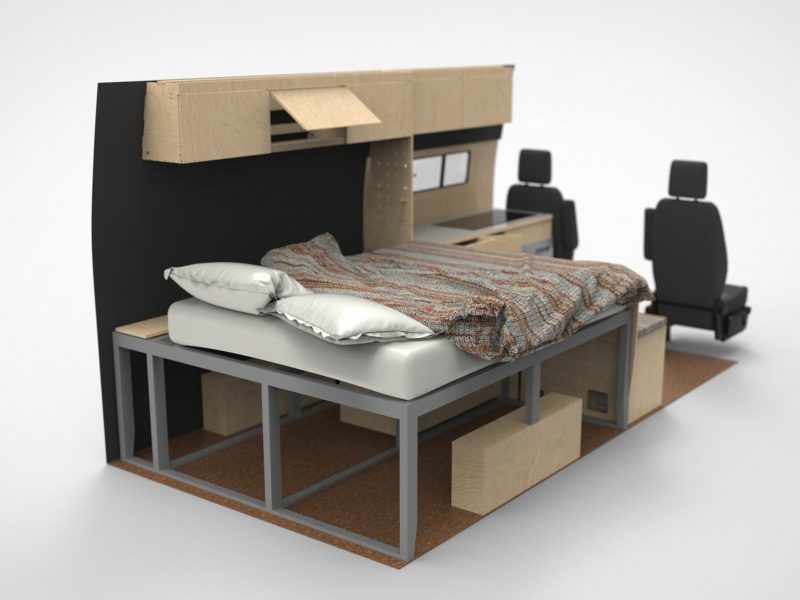
In 2017, 47.7% of home renters spent at least 30% of their income on housing, and in 2018, 25% of renters spent half of their income on the same, according to a study from the Joint Center for Housing Studies of Harvard University
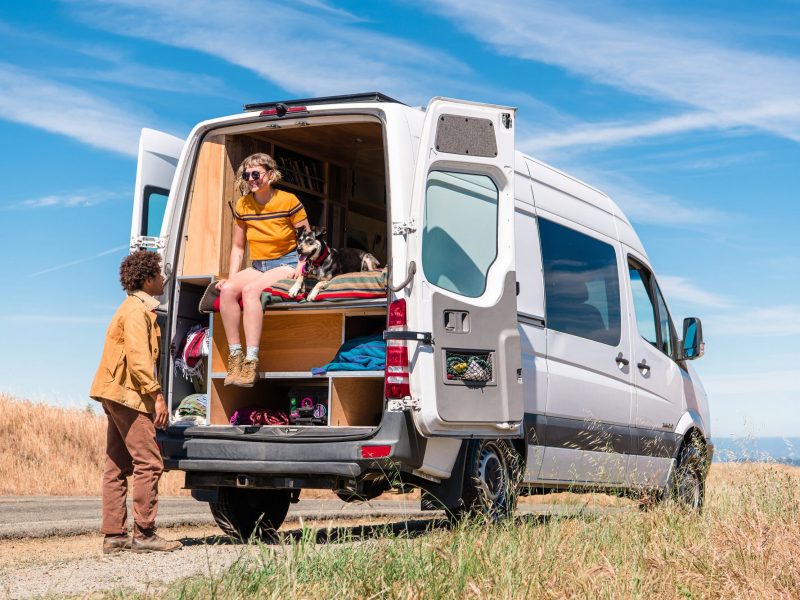
Source: Joint Center for Housing Studies of Harvard University
Meanwhile, the younger population has become increasingly transient with their housing: 45.4% of millennials in 2017 reported that they had lived in their current space for under two years, a rise from 33.8% in 1960, according to a study from Zillow.
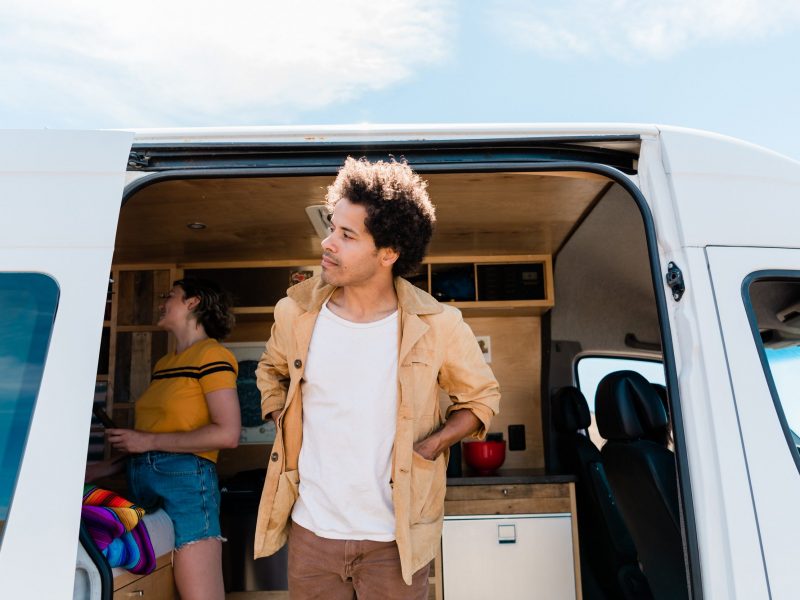
Source: Zillow
According to Kibbo, the increase in expensive housing, constant moving, the "loneliness epidemic," and rise in remote work amid the pandemic creates a segment for the business.
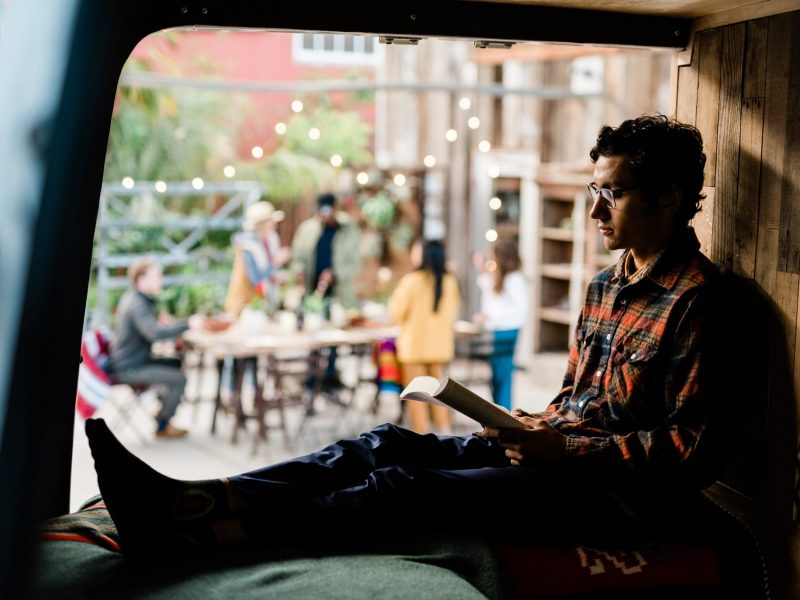
Source: Cigna
Kibbo uses a membership model to create and supply a community for van lifers on the road.

Its members can also opt — albeit at a higher cost — to rent a new Mercedes-Benz Sprinter camper van that includes a bedroom, kitchenette, and storage.

The kitchen unit, which is located by the front of the van's living space, has storage, a fridge, a sink, and a cooktop.
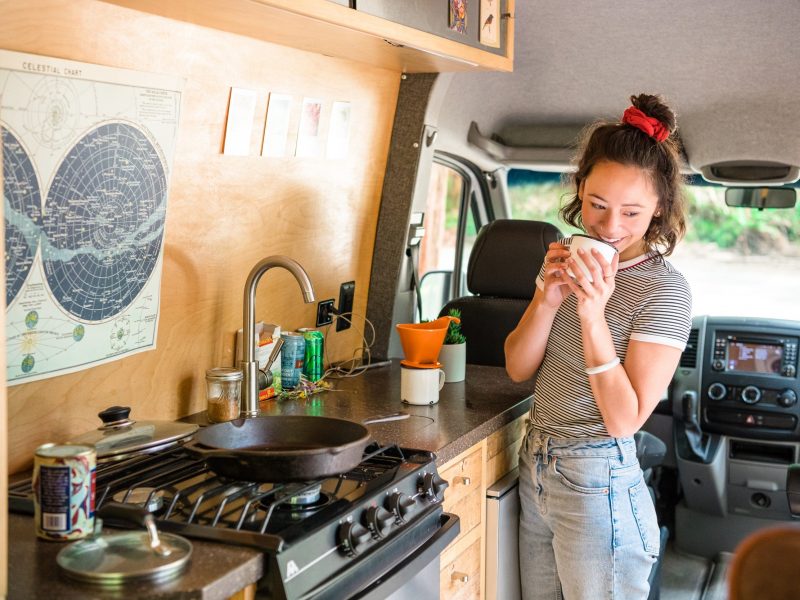
The back of the van has a full size bed with under-bed storage that also holds extra bench seats.
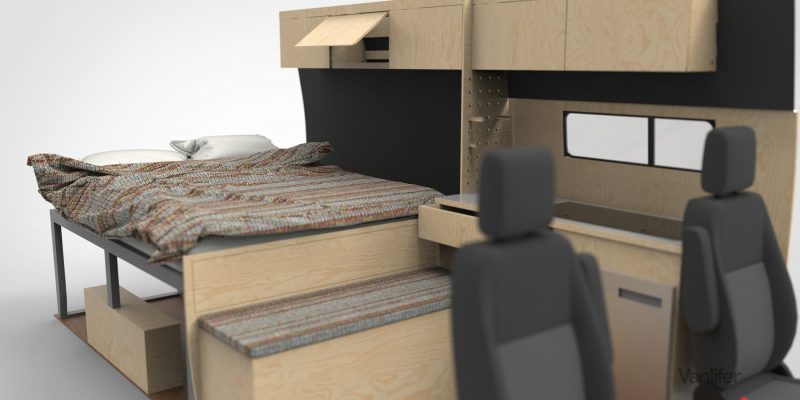
However, Kibbo members don't need to rent the company's in-house vans.
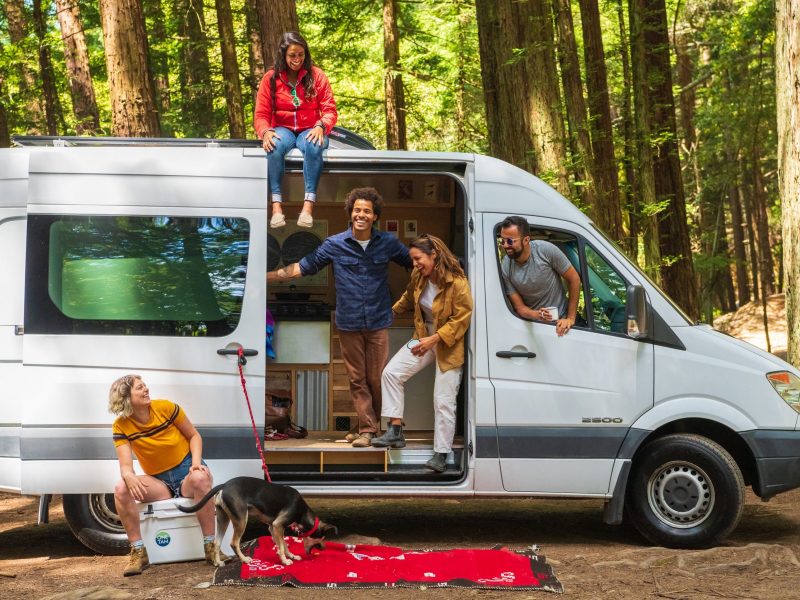
Instead, members can use their own tiny home on wheels, "provided it meets Kibbo's high standards and is in good condition" and less than 25 feet long, according to the company's frequently asked questions page.

Source: Kibbo
Kibbo's clubhouses then provide the typical co-living space essentials, such as laundry, common rooms, Wi-Fi, and a full and stocked kitchen.

It also has outdoor gear — such as paddle boats and bicycles — that its members can use.

The company has already opened its waitlist for its first 100 members.

As of now, membership is only open to those who want to be full-time van lifers.

To accommodate its "cheaper than a studio apartment" price model, Kibbo has different pricing tiers.

Source: Kibbo
However, a combination of these prices can lead to a living situation that may be more expensive than a typical studio apartment: monthly membership payments can go up to $3,645, not including the sign-up fee.

The sign-up fee is $485, although it's waived until the end of 2020. Members then have to pay $150 per one person a month, or $195 for two people.
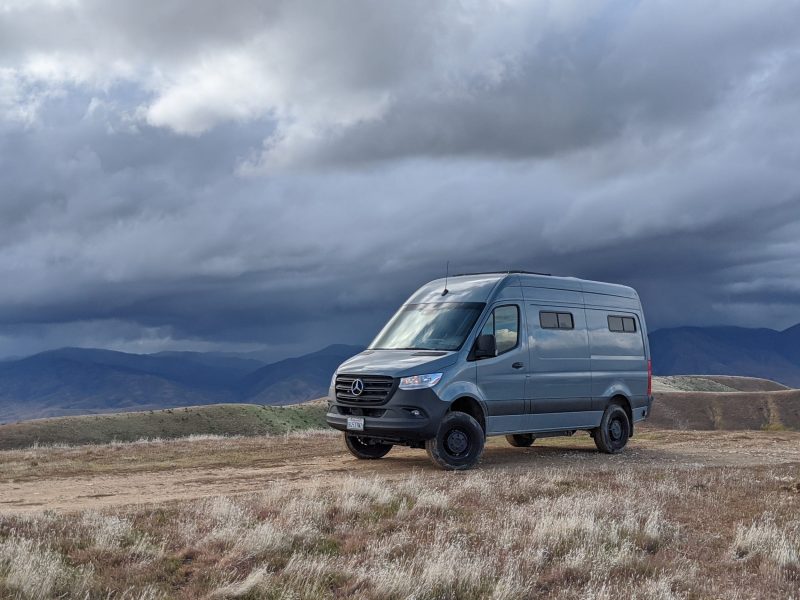
However, this membership price doesn't include the converted Sprinters, which then costs an additional $1,500 to $2,500 per month, depending on the "options and term," according to Kibbo.
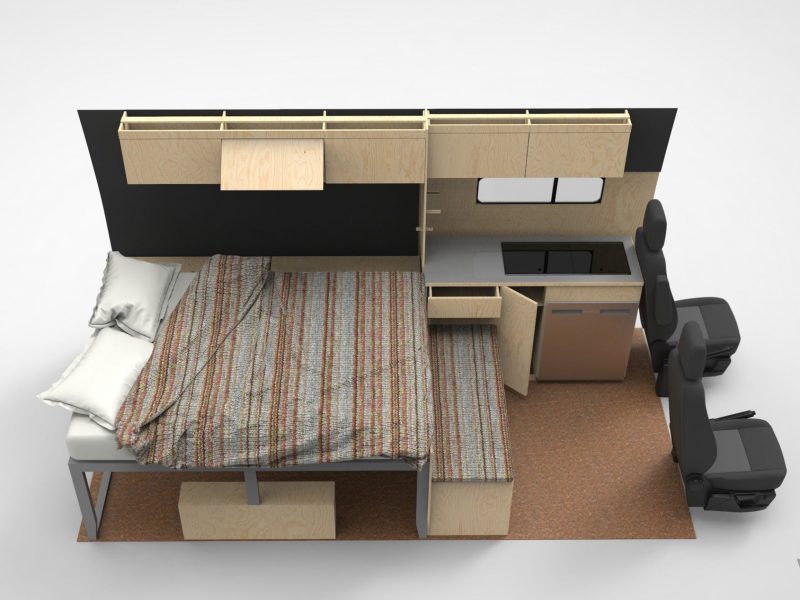
Source: Kibbo
This membership fee also doesn't include visits to its locations and use of amenities, which then costs an additional monthly $995 for unlimited access.

But if this access price is too steep, members can purchase a $950 pack of 10 overnight, 24-hour stays at its clubhouses.

People with additional #VanLifer friends can also pay $50 for a day pass at the Clubhouse, or $485 for an unlimited month's use.


